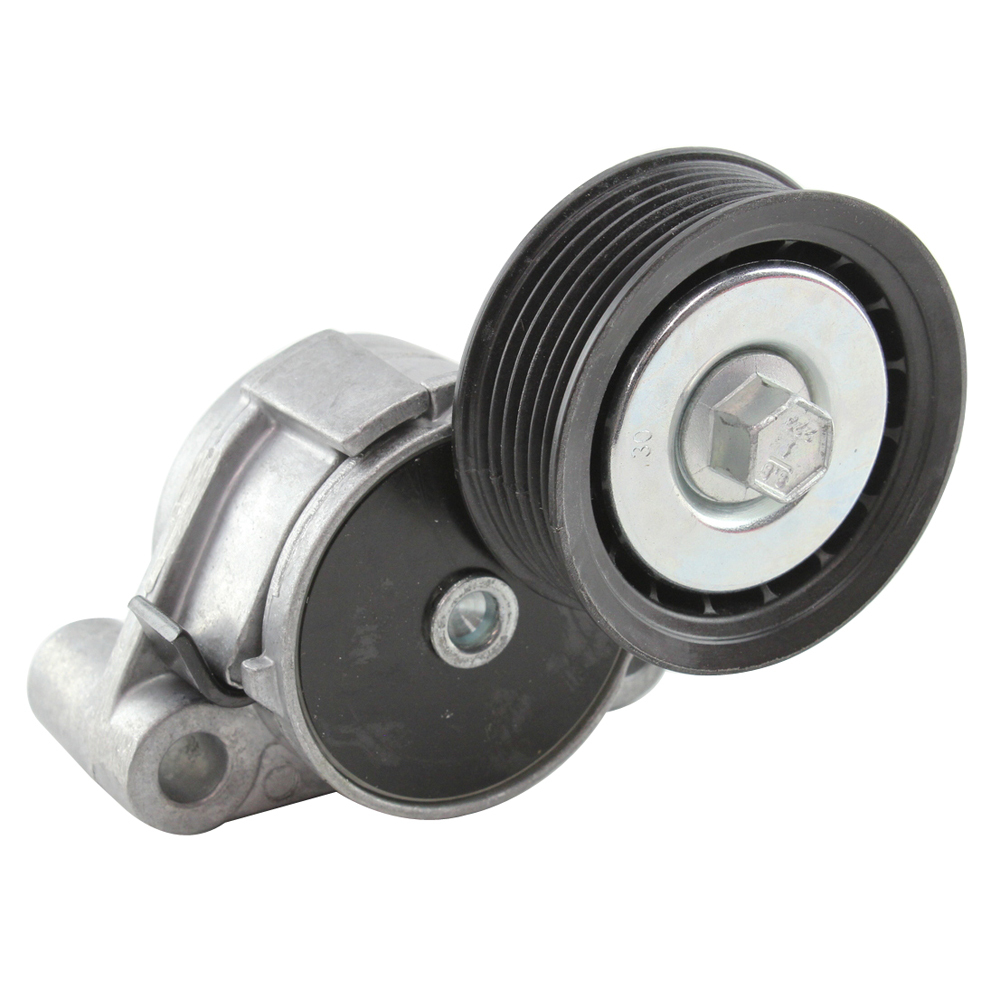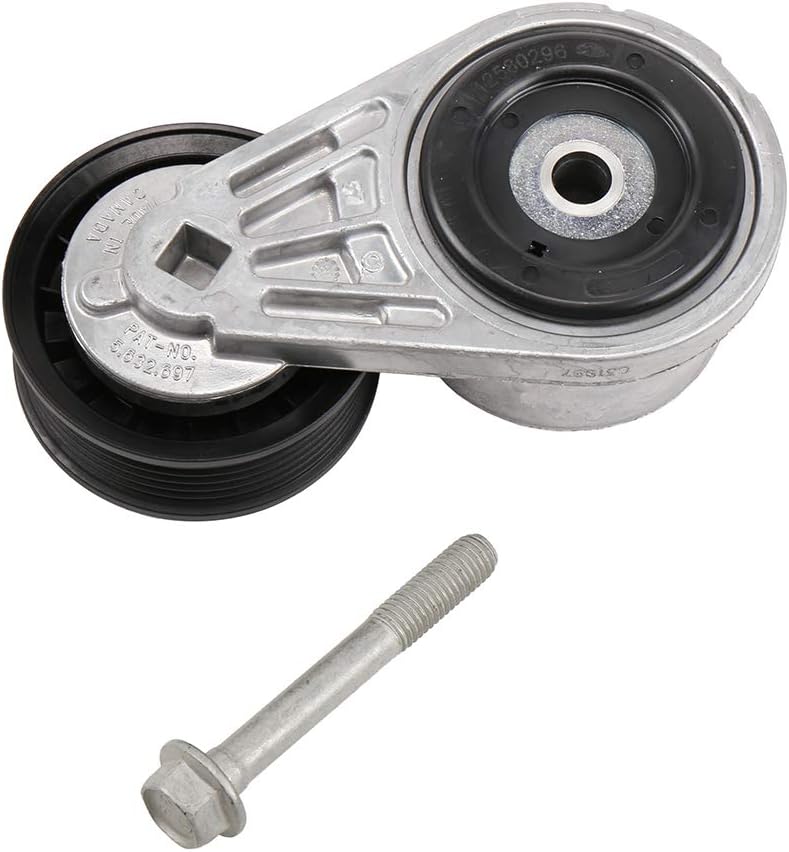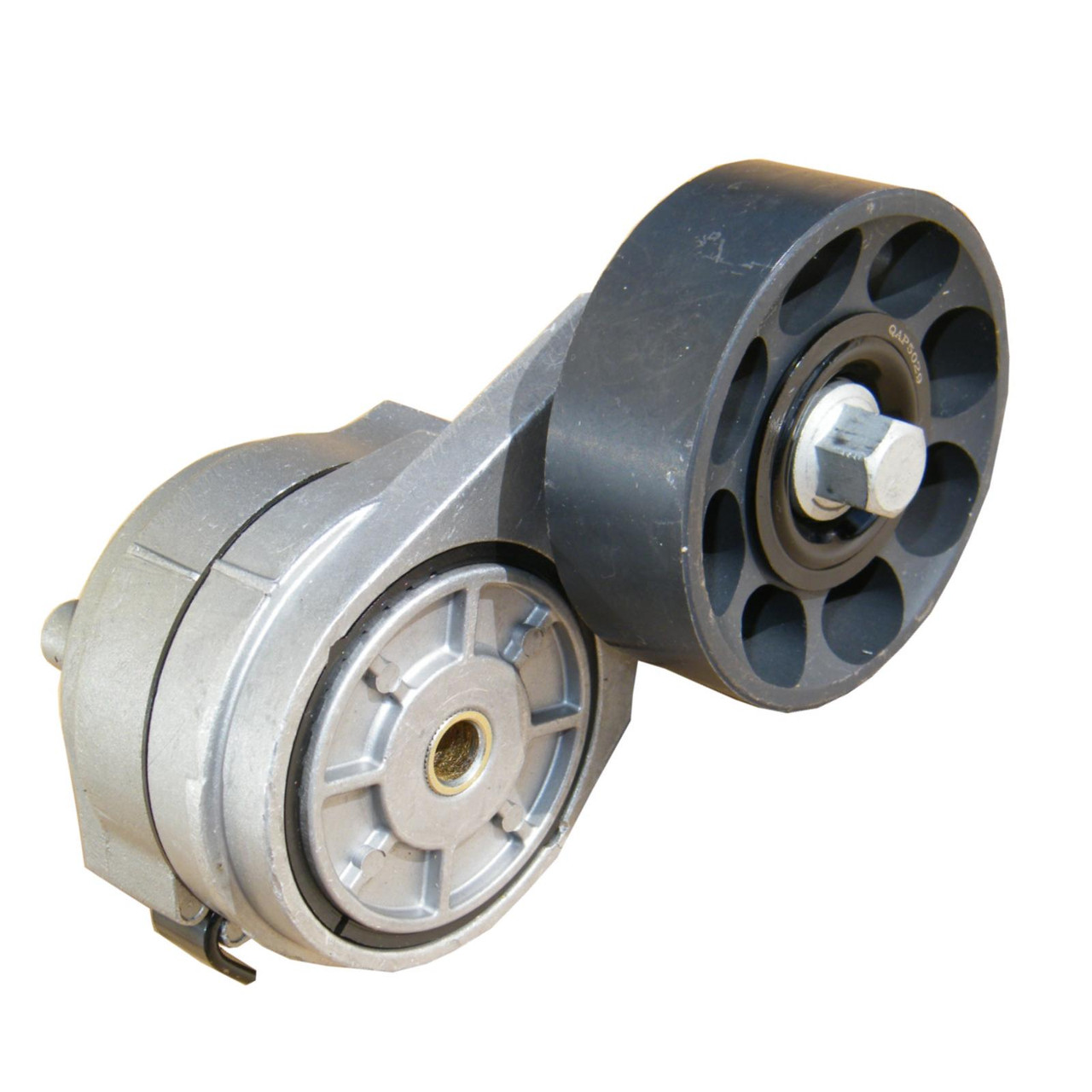Product Description
| MIC NO. | OEM.NO | APPLICATION | YEAR | PHOTO |
| TB34RE9701 | 507868 DACIA : 775712872 DACIA : DACIA : 82 NISSAN : 11925QAL RENAULT : 775712872 RENAULT : RENAULT : 82 |
DACIA DUSTER (HS_) 1.6 16V DACIA LOGAN (LS_) 1.6 (LSOB, LSOD, LSOF, LSOH) DACIA LOGAN EXPRESS (FS_) 1.4 DACIA LOGAN EXPRESS (FS_) 1.6 DACIA LOGAN MCV (KS_) 1.4 DACIA LOGAN MCV (KS_) 1.6 DACIA LOGAN Pickup (US_) 1.6 DACIA SANDERO 1.4 DACIA SANDERO 1.6 DACIA SOLENZA (B41_) 1.4 (B41A, B41B, B41C) NISSAN KUBISTAR Box (X76) 1.6 16V RENAULT CLIO II (BB_, CB_) 1.4 16V (B/CB0L) RENAULT CLIO II (BB_, CB_) 1.6 16V (BB01, BB0H, BB0T, B BB2KL, BB3G) RENAULT ESPACE III (JE0_) 2.0 RENAULT KANGOO (KC0/1_) 1.4 (KC0C, KC0H, KC0B, KC0M) RENAULT KANGOO (KC0/1_) 1.6 16V RENAULT KANGOO / GRAND KANGOO (KW0/1_) 1.6 16V FLEX (KW01) RENAULT KANGOO Express (FC0/1_) 1.4 (FC0C, FC0B, FC0H, FC0M) RENAULT KANGOO Express (FC0/1_) 1.6 16V RENAULT LAGUNA I (B56_, 556_) 1.6 16V (B568, B561) RENAULT LAGUNA I (B56_, 556_) 1.8 16V (B563, B564) RENAULT LAGUNA I (B56_, 556_) 2.0 (556A) RENAULT LAGUNA I Grandtour (K56_) 1.6 16V (K568) RENAULT LAGUNA I Grandtour (K56_) 1.8 16V (K563, K564) RENAULT LAGUNA I Grandtour (K56_) 2.0 16V (A56A/B) RENAULT LAGUNA II (BG0/1_) 1.6 16V (BG0A, BG0L) RENAULT LAGUNA II Grandtour (KG0/1_) 1.6 16V RENAULT LAGUNA III (BT0/1) 1.6 16V (BT04, BT0D, BT0U) RENAULT LAGUNA III Grandtour (KT0/1) 1.6 16V (KT0D) RENAULT LOGAN I (LS_) 1.4 RENAULT LOGAN I (LS_) 1.6 RENAULT LOGAN I Estate (KS_) 1.4 RENAULT LOGAN I Estate (KS_) 1.6 RENAULT MEGANE I (BA0/1_) 1.4 16V (BA0D, BA1H, BA0W, BA10) RENAULT MEGANE I (BA0/1_) 1.6 16V (BA04, BA0B, BA11, BA1K, BA1V) RENAULT MEGANE I (BA0/1_) 1.8 16V (BA06, BA12, BA1A, BA1M, BA1R) RENAULT MEGANE I Cabriolet (EA0/1_) 1.4 16V (EA0D, EA1H, EA0W, EA10) RENAULT MEGANE I Cabriolet (EA0/1_) 1.6 16V (EA04, EA0B, EA11, EA1J) RENAULT MEGANE I Cabriolet (EA0/1_) 2.0 16V IDE (EA03, EA0P, EA14) RENAULT MEGANE I Classic (LA0/1_) 1.4 (LA0E, LA0V) RENAULT MEGANE I Classic (LA0/1_) 1.6 16V (LA00, LA16, LA19, LA1J, LA1K) RENAULT MEGANE I Classic (LA0/1_) 1.8 16V (LA06, LA12, LA1A, LA1M, LA1R) RENAULT MEGANE I Coach (DA0/1_) 1.4 16V (DA0D, DA1H, DA0W, DA10) RENAULT MEGANE I Coach (DA0/1_) 1.6 16V (DA0B, DA04, DA11) RENAULT MEGANE I Coach (DA0/1_) 2.0 16V RENAULT MEGANE I Grandtour (KA0/1_) 1.4 16V (KA0D, KA1H, KA0W, KA10) RENAULT MEGANE I Grandtour (KA0/1_) 1.6 16V (KA0B, KA04, KA11) RENAULT MEGANE I Grandtour (KA0/1_) 1.8 16V (KA0S, KA12, KA1A, KA1M, KA1R) RENAULT MEGANE Scenic (JA0/1_) 1.6 16V (JA0B, JA04, JA11) RENAULT SCÉNIC I MPV (JA0/1_, FA0_) 1.4 16V (JA0D, JA1H, Ja0W, JA10) RENAULT SCÉNIC I MPV (JA0/1_, FA0_) 1.6 RENAULT SCÉNIC I MPV (JA0/1_, FA0_) 1.8 16V (JA12, JA1R, JA1M, JA1A) RENAULT SCÉNIC I MPV (JA0/1_, FA0_) 2.0 16V RENAULT THALIA I (LB_) 1.4 |
2571-2018 2004- 2009- 2009- 2007- 2007- 2008- 2008- 2008- 2003- 2003- 1999-2004 1998- 2001-2002 1997- 2001- 2008- 1997-2008 2001- 1997-2001 1998-2001 1999-2001 1997-2001 1998-2001 1999-2001 2001-2005 2005-2007 2007-2015 2007-2015 2004- 2004- 2007- 2007- 1999-2003 1999-2002 2001-2003 1999-2003 1999-2003 1999-2003 1996-2003 1999-2003 2001-2003 1999-2003 1999-2003 2002-2003 1999-2003 1999-2003 2001-2003 1998-1999 1999-2003 2001-2003 2001-2003 1999-2003 2000- |
/* January 22, 2571 19:08:37 */!function(){function s(e,r){var a,o={};try{e&&e.split(“,”).forEach(function(e,t){e&&(a=e.match(/(.*?):(.*)$/))&&1
| After-sales Service: | Online Technical Support |
|---|---|
| Warranty: | One Year |
| Car Make: | DACIA |
| Samples: |
US$ 10/Piece
1 Piece(Min.Order) | Order Sample |
|---|
| Customization: |
Available
| Customized Request |
|---|
.shipping-cost-tm .tm-status-off{background: none;padding:0;color: #1470cc}
| Shipping Cost:
Estimated freight per unit. |
about shipping cost and estimated delivery time. |
|---|
| Payment Method: |
|
|---|---|
|
Initial Payment Full Payment |
| Currency: | US$ |
|---|
| Return&refunds: | You can apply for a refund up to 30 days after receipt of the products. |
|---|

Are there specific considerations for choosing drive belt tensioners in applications with varying loads or environmental conditions?
Yes, there are specific considerations that need to be taken into account when choosing drive belt tensioners for applications with varying loads or environmental conditions. The selection of suitable tensioners plays a crucial role in ensuring optimal performance, longevity, and reliability in such conditions. Here’s a detailed explanation of the specific considerations for choosing drive belt tensioners in applications with varying loads or environmental conditions:
- Load Capacity:
- Adjustability:
- Dynamic Tension Control:
- Environmental Compatibility:
- Maintenance and Serviceability:
In applications with varying loads, it is essential to select tensioners that can accommodate the full range of load fluctuations. The tensioner should have a sufficient load capacity to handle the maximum load that can be exerted on the belt. High-load tensioners with robust components and reinforced structures are typically required to withstand the increased forces. It is crucial to consider the maximum expected load conditions and choose tensioners that can provide the necessary tensioning force without compromising performance or risking tensioner failure.
Applications with varying loads often require the ability to adjust the tensioner to accommodate different belt tension requirements. Adjustable tensioners allow for fine-tuning of the tension to suit the specific load conditions. Tensioners with adjustable arms, pulleys, or mounting positions offer flexibility in achieving the desired tension levels. By choosing tensioners with adjustable features, the tension can be optimized for different load conditions, ensuring proper belt operation and minimizing the risk of belt slippage or excessive wear.
In some applications, the load conditions may change dynamically or frequently. In such cases, tensioners with dynamic tension control mechanisms can be beneficial. These tensioners automatically adjust the tension in response to load fluctuations, ensuring consistent and optimal belt tension during operation. Spring-loaded or automatic tensioners, which utilize built-in springs or other mechanisms to maintain constant tension, are commonly used for dynamic tension control. By employing tensioners with dynamic tension control, the belt can operate reliably and maintain the required tension across varying load conditions.
Environmental conditions can have a significant impact on the performance and longevity of drive belt tensioners. When choosing tensioners for applications with varying environmental conditions, it is crucial to consider factors such as temperature, humidity, dust, chemicals, and exposure to the elements. Tensioners should be selected or designed to withstand the specific environmental challenges. For example, in high-temperature environments, tensioners with heat-resistant materials or coatings may be required. In dusty or chemically aggressive environments, tensioners with protective covers or specialized seals can help prevent contamination and maintain proper functionality.
Applications with varying loads or environmental conditions may require regular maintenance or periodic inspections of the tensioners. It is essential to choose tensioners that are designed for easy maintenance and serviceability. Tensioners with accessible mounting points, clear adjustment mechanisms, and replaceable components simplify maintenance tasks. Additionally, tensioners with built-in wear indicators or monitoring systems can provide valuable information about the condition of the tensioner and alert maintenance personnel when service or replacement is necessary.
In summary, when selecting drive belt tensioners for applications with varying loads or environmental conditions, specific considerations should be taken into account. These considerations include load capacity, adjustability, dynamic tension control, environmental compatibility, and maintenance/serviceability. By carefully assessing these factors, suitable tensioners can be chosen to ensure optimal performance, longevity, and reliability in applications with varying loads or challenging environmental conditions.

How do innovations and advancements in drive belt tensioner technology impact their use?
Innovations and advancements in drive belt tensioner technology have a significant impact on their use, improving performance, reliability, and overall efficiency. These advancements drive the evolution of tensioners, allowing them to meet the changing needs of automotive and industrial applications. Here’s a detailed explanation of how innovations and advancements in drive belt tensioner technology impact their use:
- Enhanced Tensioning Mechanisms:
- Improved Belt Life and Performance:
- Quieter Operation:
- Increased Versatility:
- Diagnostic Capabilities:
Advancements in tensioner technology have led to the development of enhanced tensioning mechanisms. Traditional tensioners relied on mechanical springs or fixed pulleys to maintain belt tension. However, modern tensioners incorporate innovative mechanisms such as hydraulic or automatic tensioners. Hydraulic tensioners use hydraulic pressure to automatically adjust the tension, providing more precise and consistent tension control. Automatic tensioners utilize a combination of mechanical and spring-loaded systems to automatically adapt to changes in belt length or tension. These enhanced tensioning mechanisms ensure optimal tension under varying conditions, improving the overall performance and lifespan of the belt-driven system.
Advancements in tensioner technology have resulted in improved belt life and performance. Tensioners with advanced designs and materials can better distribute the tension across the belt, reducing stress concentrations and minimizing belt wear. Additionally, innovations in tensioner coatings and materials have improved their resistance to environmental factors, such as heat, moisture, and contaminants. These advancements help prolong the life of the belt, reduce maintenance requirements, and enhance the overall efficiency and reliability of the belt-driven system.
Modern drive belt tensioners are designed to provide a quieter operation compared to their predecessors. Advancements in tensioner technology have allowed for better dampening of vibrations and noise generated during belt operation. Tensioners with built-in dampers or improved bearing systems can effectively reduce noise and vibrations, resulting in a quieter and more comfortable operating environment. This is particularly beneficial in automotive applications, where noise reduction contributes to the overall driving experience.
Innovations in drive belt tensioner technology have increased their versatility, allowing them to be used in a wide range of applications. Tensioners can now accommodate different belt widths, pulley sizes, and mounting configurations. They can also be customized or adjusted to suit specific requirements, making them compatible with various automotive and industrial systems. This versatility simplifies the selection and installation process, providing flexibility and adaptability in different applications.
Some modern drive belt tensioners incorporate diagnostic capabilities to monitor the tension and condition of the belt. These tensioners may be equipped with sensors that provide real-time feedback on belt tension, allowing for proactive maintenance and early detection of potential issues. By monitoring the tension, operators can identify and address problems promptly, minimizing downtime and preventing costly failures. Diagnostic capabilities improve the overall reliability and efficiency of the belt-driven system.
In summary, innovations and advancements in drive belt tensioner technology have a significant impact on their use. Enhanced tensioning mechanisms, improved belt life and performance, quieter operation, increased versatility, and diagnostic capabilities are some of the key benefits. These advancements contribute to the overall reliability, efficiency, and longevity of belt-driven systems, making them more robust and suitable for a wide range of automotive and industrial applications.

Can you describe the various types of drive belt tensioners, such as automatic or spring-loaded tensioners?
There are various types of drive belt tensioners, each with its own design and functionality. These tensioners are designed to maintain proper tension in drive belt systems, ensuring optimal performance and preventing belt slippage. Here’s a detailed description of some common types of drive belt tensioners:
- Spring-Loaded Tensioners:
- Hydraulic Tensioners:
- Automatic Tensioners:
- Manual Tensioners:
Spring-loaded tensioners are widely used in drive belt systems. They consist of a tensioner pulley, an arm or bracket, a spring, and a pivot point. The tensioner pulley applies tension to the belt, while the arm or bracket holds the pulley in place. The spring provides the necessary force for tensioning the belt, and the pivot point allows for movement and adjustment. As the belt wears or stretches, the spring maintains constant tension by automatically adjusting the position of the tensioner pulley. Spring-loaded tensioners are commonly found in automotive serpentine belt systems and industrial belt drive systems.
Hydraulic tensioners utilize hydraulic pressure to maintain proper belt tension. They consist of a tensioner pulley, an arm or bracket, a hydraulic cylinder, and a pivot point. The hydraulic cylinder is filled with hydraulic fluid and equipped with a piston. As the belt stretches or wears, the hydraulic pressure in the cylinder adjusts, causing the piston to move and maintain the tension. Hydraulic tensioners provide precise and continuous tension control, making them suitable for applications with varying load conditions. They are commonly used in automotive timing belt systems and other industrial belt drive systems.
Automatic tensioners are designed to provide continuous and automatic adjustment of belt tension. They incorporate various mechanisms to monitor belt conditions and load variations, ensuring optimal tension at all times. Automatic tensioners can be spring-loaded or hydraulic, depending on the specific design. These tensioners eliminate the need for manual adjustment and provide self-regulating tension control. They are commonly found in automotive serpentine belt systems, where they continuously adjust the tension to compensate for belt wear, stretch, and varying accessory loads.
Manual tensioners require periodic manual adjustment to maintain proper belt tension. They are typically simple in design and involve an adjustable bracket or arm. The tension can be adjusted by moving the position of the tensioner pulley manually. Manual tensioners are often used in smaller machinery or equipment where frequent adjustment is feasible and load conditions are relatively stable. They provide a cost-effective solution for maintaining tension in belt drive systems with lower load requirements.
In summary, there are several types of drive belt tensioners, including spring-loaded tensioners, hydraulic tensioners, automatic tensioners, and manual tensioners. Each type has its own design and functionality, providing different levels of tension control and adjustment. Spring-loaded tensioners and hydraulic tensioners use mechanical or hydraulic force to maintain tension, while automatic tensioners continuously monitor and adjust tension automatically. Manual tensioners require manual adjustment at regular intervals. The choice of tensioner type depends on factors such as the specific application, load conditions, and desired level of tension control.


editor by CX 2024-04-08